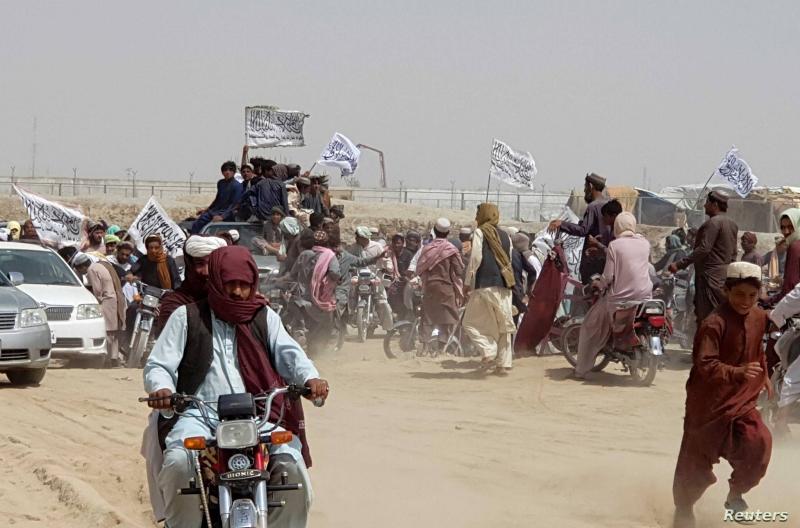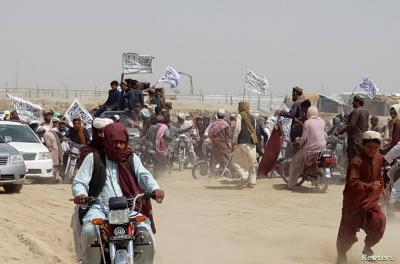The United Nations fears that an unprecedented number of civilians will be killed or injured this year in Afghanistan if fighting continues to escalate since the Taliban launched an offensive on multiple fronts last May. The United Nations Assistance Mission in Afghanistan (UNAMA) states in its report on civilian casualties in the first half of 2021 that it expects this year to record the highest number of civilian casualties since it began documenting annual totals in 2009.
The mission indicates that "civilian casualties in Afghanistan in the first half of 2021 have reached record levels, with a sharp rise in deaths and injuries particularly since May, when international forces began their withdrawal, and fighting intensified following Taliban attacks." Deborah Lyons, the UN special representative in Kabul, stated in a press release, "The report clearly shows that an unprecedented number of Afghan civilians will die and suffer serious injuries this year if the escalation of violence is not stopped."
Lyons urged the Taliban and the government to "intensify their efforts at the negotiating table." She appealed to the Taliban and Afghan leaders to consider the tragic and frightening trajectory of the conflict and its devastating impact on civilians. She emphasized that "the pursuit of a military solution will only increase the suffering of the Afghan people," while talks between the Afghan government and the Taliban, which started in September 2020 in Qatar, have yet to make any progress.
UNAMA reports that 1,659 civilians were killed and 3,254 others injured in the first half of 2021, a 47% increase compared to the first half of 2020. Civilian casualties significantly increased in May and June, the first two months of the comprehensive offensive by the Taliban nationwide, during which nearly half of the civilian casualties in the first half of the year were recorded (783 civilian deaths and 1,609 injured).
UNAMA describes this toll as "horrific," noting that nearly half of the registered civilian casualties in the first half of the year were women and children. The mission states that anti-government factions and groups are responsible for 64% of the recorded civilian casualties in the first half of 2021, with 39% attributed to Taliban attacks, 9% to ISIS attacks, and 16% labeled as "unidentified actors." It estimated that pro-government forces were responsible for 25% of civilian casualties, most of which were attributed to Afghan defense and security forces. In 11% of cases, the perpetrators of civilian deaths in crossfire or accidental bombings were not identified.
For the first time since 2009, the UN did not attribute any civilian casualties to international forces, which began their final withdrawal from the country in early May and are nearing its completion. The UN wrote that the conflict has now shifted to Afghan parties, even as the United States announced on Sunday evening that it would continue airstrikes against the Taliban if the latter continued its attacks.
UNAMA emphasized that most of the bloody fighting in May and June erupted "outside urban areas, in relatively sparsely populated regions." It expressed "serious concern about the potentially catastrophic consequences for Afghan civilians if military operations extend into densely populated urban areas." Over the course of roughly three months, the Taliban has seized vast areas of territory, mostly in rural regions. The Afghan forces now only control major roads and provincial capitals, some of which are besieged.
UNAMA condemned the targeted killings of civilian personnel, human rights defenders, journalists, religious leaders, and humanitarian workers committed by anti-government groups, which represent the third leading cause of civilian deaths (14%) in the first half of 2021.




